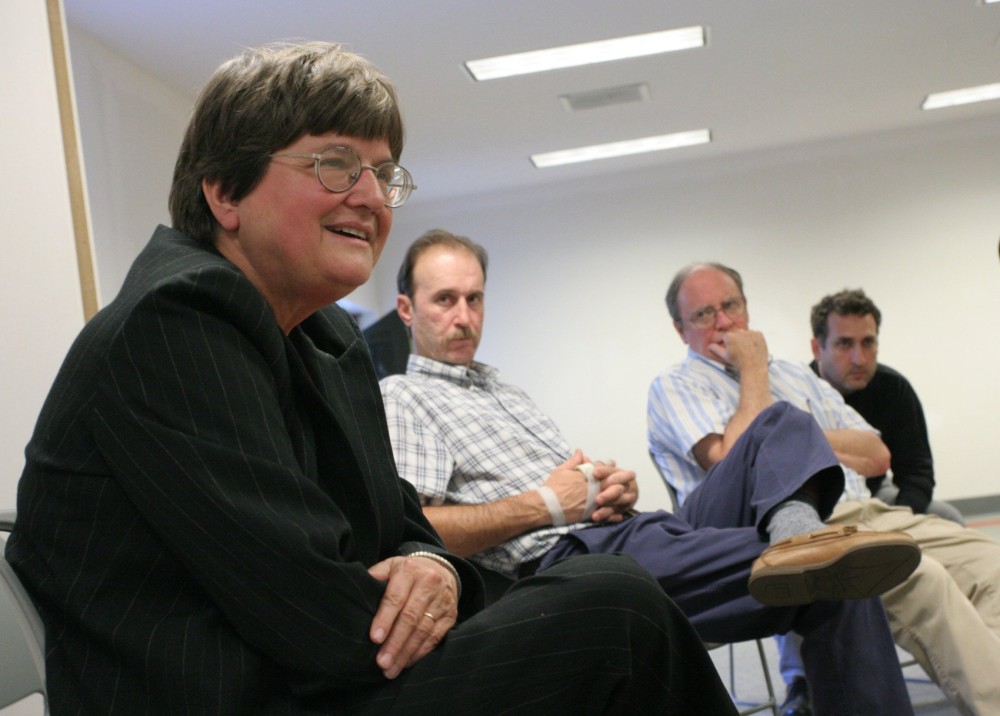
WASHINGTON — When a California District Court vacated the conviction and death sentence of Larry Roberts on July 1, he became the 200th exonerated death-row inmate in the U.S. since 1973.
“The wrongful convictions of these 200 people are the result of mistakes, misconduct, and the political ambitions of government officials that the American public should no longer tolerate,” said Robin Maher, executive director of the Death Penalty Information Center, which has tracked and documented each of these exonerations.
The center’s data on the freed prisoners shows that they come from 30 different states and, on average, spent 13 years under a death sentence, with some having spent more than 40 years trying to prove their innocence. Sixty-five percent of death row exonerees are people of color, and 54% are Black. Florida has had the highest number of death row exonerations of any state, with 30, followed by Illinois with 22 and Texas with 18.
The data also shows that 70.5% of death row exonerations were a result of official misconduct by police, prosecutors, or other government officials, and 65% included false accusations or perjury.
Roberts’ exoneration involved the withholding of evidence favorable to the defense and the presentation of perjured testimony. The death sentence he received in 1983 was for the murder of a fellow prisoner and prison guard at the California Medical Center in Vacaville, California, while he was imprisoned on unrelated charges.
Ray Krone, the 100th death row exoneree in 2002, called Roberts’ exoneration “a bittersweet milestone.”
“Sadly, in just 22 years since my exoneration, there have been 100 more exonerations of the innocent from a death sentence,” he said in a statement, adding that it “shows that our system is capable of both prosecuting and convicting the innocent. Encouragingly, though, the milestone can serve to increase public awareness of such injustice.”
Krone is co-founder of Witness to Innocence with Sister Helen Prejean, a Sister of St. Joseph and longtime opponent of capital punishment. The mission of the group of exonerated death row survivors and their family members is to “empower exonerated death row survivors to be the most powerful and effective voice in the fight to end the death penalty.”
Krone said the cases point to “the innumerable ways in which a death penalty case can go wrong” and that the “only way to ensure that this country doesn’t execute any more innocent people is to end the death penalty once and for all.”
The U.S. bishops, writing about the death penalty in 1980, similarly spoke of the possibility that an innocent person could be sentenced to death.
“The imposition of capital punishment involves the possibility of a mistake. In this respect, it is not different from other legal processes; and it must be granted our legal system shows considerable care for the rights of defendants in capital cases. But the possibility of mistakes cannot be eliminated from the system,” they wrote.
Maher called Roberts’ exoneration “a sobering reminder for lawmakers, elected officials, and the public to re-evaluate use of the death penalty and take steps to ensure that all defendants and prisoners have competent legal representation, access to the courts, and adequate due process.”
In a statement, she added that the “damage to the 200 exonerees and their families cannot be undone, but there are important steps that must be taken to prevent further harm to the men and women in the criminal legal system.”
